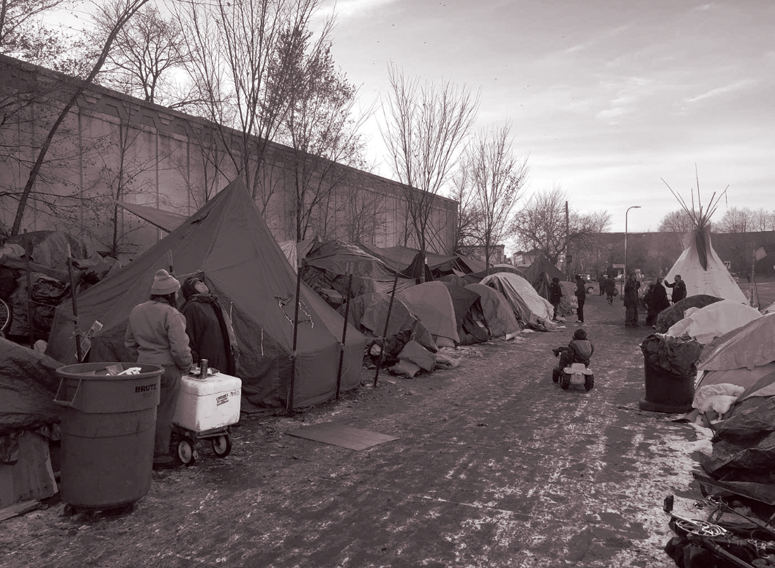
- This event has passed.
The Affordable Housing Crisis
Mon, August 31, 2020 @ 6:30 PM - 8:30 PM
$7 – $11
Its Capitalist Roots and the Socialist Alternative
A talk and discussion with Karl Beitel
In the 2020 Socialist Register “a number of the essays interrogate central dimensions of how we live and how we might live in terms of educating our children, housing and urbanism, accommodation of refugees and the displaced, and (to lean on that all too common phrase) the competitive time pressures for ‘work-life balance’. These are all key questions, of course, of ‘social reproduction,’ a theme that has cut across many volumes of the Register. They are the counterpoint to ‘economic reproduction’ and ‘how we work’ at the heart of several essays here. Today, this involves exploring and exposing all the hype and contradictions of the so-called ‘gig economy,’ where automation’s potential for increased time apart from work is subordinated to surveillance, hazardous waste, speed-up, and much else that makes for contingent work and precarious living. Finding new ways of living cannot but confront both these obstacles.”
One of the most striking features of the post-1980 urban environment has been the rapid rise in property values and rents at rates far in excess of the growth of average income levels. The effect for many working-class populations – cultural workers, those employed in the moderate- to lower-paid segments of the social and human services and retail sectors – has been a rise in the percentage of incomes these households must devote to housing payments.
In this essay, Karl discusses the economics of new construction in already densely developed urban environments. Paradigmatic cases of the type of development dynamics that this essay will discuss are found in cities such as New York, San Francisco, London, and Paris. Despite the fact that most housing is procured on the secondary market, new construction is central to the debate over how cities must act to accommodate increased demand due to population growth and the shifting spatial patterns of employment. In addition, new development has the ability to rapidly transform existing patterns of land use and the physical and sociocultural composition of the built environment. For these reasons, new production is critical to current struggles over whose interests shall be served by this development, and who has the rights to enjoy access to the existing – and newly created – urban environments. It also forces us to confront the question of how socialist urbanism will foster diverse urban spaces that can accommodate different requirements and preferences, and that ensure equitable allocation of resources to meet the needs of all urban residents.
Karl Beitel was formerly employed as policy analyst for Food First, and has years of experience conducting policy-related and legal research for public sector unions in the Bay Area (SEIU 1021, American Federation of Teachers, and International Federation of Technical and Professional Employees Local 21). He has published numerous articles in peer-reviewed journals on topics spanning land use policy and affordable housing (Urban Affairs Review), the impacts of financial market dynamics on urban development (Environment and Planning A), and the U.S. and global economy (Historical Materialism, Socialist Register). His work has also appeared in publications such as Counterpunch and Monthly Review. His recently completed book Local Protest, Global Movements: Capital, Community, and State in San Francisco (Temple University Press) is an in-depth analysis of the history of community opposition to gentrification in San Francisco.
Admission is sliding scale. No one is turned away for inability to pay. Email info@marxedproject.org for information
